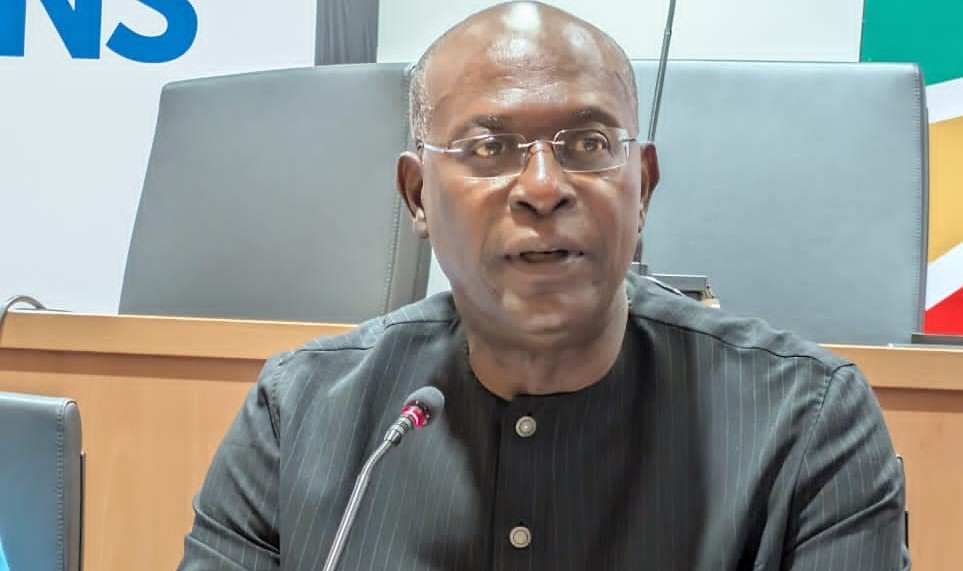The recent massacre in Darajamal, Borno State, where at least 63 civilians, including soldiers, were brutally murdered by suspected Boko Haram terrorists, serves as a chilling reminder of the persistent insecurity plaguing northeastern Nigeria. This horrific incident, condemned by the United Nations, is the latest in a series of violent attacks that have claimed the lives of over 35,000 people and displaced more than two million since the insurgency began in 2009. Borno State, the epicenter of the conflict, along with neighboring Adamawa and Yobe states, continues to bear the brunt of the violence perpetrated by Boko Haram and its splinter group, the Islamic State West Africa Province (ISWAP). These groups employ a range of brutal tactics, including ambushes, suicide bombings, and abductions, targeting vulnerable rural communities, security forces, and humanitarian workers alike.
The Darajamal attack, which occurred on the evening of September 5th, involved the suspected terrorists descending upon the village, unleashing a wave of violence that left scores of civilians dead. Beyond the confirmed fatalities, an unknown number of individuals were reportedly abducted, while others managed to escape with injuries. The attackers also torched at least 28 houses, leaving a trail of destruction in their wake. As investigations continue and more information emerges, the death toll is expected to rise, painting an even grimmer picture of the carnage. The United Nations Humanitarian Coordinator, Mohamed Fall, expressed deep sorrow and outrage at the attack, condemning the targeting of civilians and calling for swift action to bring the perpetrators to justice. He extended condolences to the grieving families and reiterated the UN’s commitment to supporting those affected by the conflict.
The Darajamal massacre underscores a disturbing trend of escalating violence in Borno State throughout the year. Numerous attacks targeting civilians have resulted in hundreds of deaths, with communities and internally displaced persons (IDP) camps bearing the brunt of the violence. The tactics employed by the insurgents vary, ranging from targeted assaults using improvised explosive devices (IEDs) to suicide bombings, often directed at farmers, fishermen, travelers, and traders. Neighboring Adamawa and Yobe states have also witnessed similar attacks, with healthcare facilities, grain stores, and markets targeted, further destabilizing the region and exacerbating the humanitarian crisis. The recurring attacks not only inflict immense suffering on the population but also disrupt humanitarian operations, hindering efforts to provide much-needed assistance to those affected by the conflict. Aid workers themselves have become targets, highlighting the dangers faced by those striving to alleviate the suffering in the region.
The United Nations and international partners have consistently emphasized the need for stronger civilian protection, stressing that attacks on non-combatants constitute grave violations of international humanitarian law. They have called upon all parties involved in the conflict to respect the sanctity of civilian life and adhere to international legal obligations. While the Nigerian military has intensified counter-terrorism operations in recent months, reporting successes in neutralizing insurgents and rescuing abductees, the persistence of attacks like the one in Darajamal underscores the ongoing security challenges and the need for a more comprehensive approach. A multi-faceted strategy that combines military action with community resilience building, deradicalization programs, and economic recovery initiatives is crucial to addressing the root causes of the conflict and fostering lasting peace.
The ongoing violence in northeastern Nigeria has created a dire humanitarian crisis, with millions of people displaced from their homes and facing severe food insecurity, limited access to healthcare, and a lack of educational opportunities. The repeated attacks on civilian populations further exacerbate the vulnerability of these communities, pushing them deeper into poverty and despair. The destruction of homes, livelihoods, and essential infrastructure further impedes recovery efforts and prolongs the cycle of violence. The international community must rally to provide increased humanitarian assistance to address the urgent needs of those affected by the conflict and support long-term development initiatives that promote stability and resilience.
Addressing the root causes of the insurgency, including poverty, unemployment, and marginalization, is crucial to achieving lasting peace in the region. Investing in education, vocational training, and job creation programs can empower communities and provide alternatives to joining armed groups. Promoting inter-faith dialogue and fostering reconciliation efforts are also essential to healing societal divides and building a more inclusive and cohesive society. Ultimately, a comprehensive approach that combines security measures with socio-economic development initiatives is critical to breaking the cycle of violence and creating a more hopeful future for the people of northeastern Nigeria. The international community must continue to support the Nigerian government’s efforts to counter terrorism and build a more peaceful and prosperous future for all.














